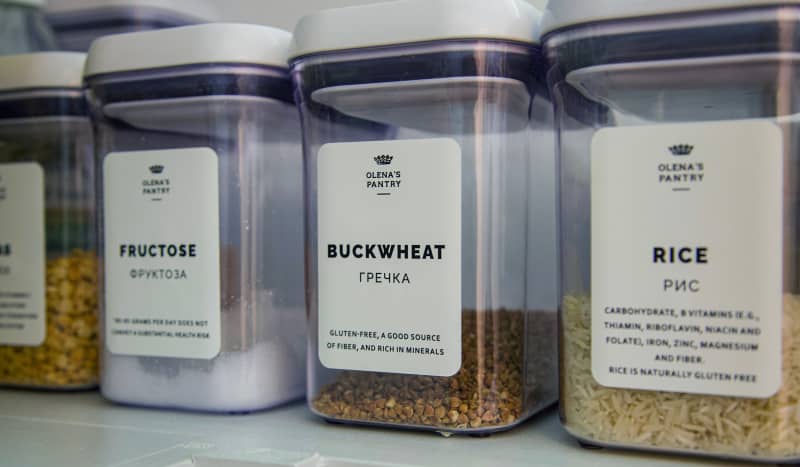
Fructose Intolerance
Many people are fructose intolerant which is an inability to digest certain sugars. Here we examine how you can manage this intolerance.
Two Types of Intolerance
Wondering about fructose intolerance? If you think you may have this condition but aren't sure and want more information let www.slimming.co.uk help to answer your queries and calm your nerves.
There are two types of fructose intolerance: dietary fructose intolerance (DFI) and hereditary fructose intolerance (HFI). Both involve an inability to digest natural sugars however each exhibit different physical reactions.
Dietary Fructose Intolerance
DFI means the body cant break down these sugars efficiently. As such, the individual experiences diarrhea, abdominal pain, tiredness, weight loss and headache. Sucrose, glucose, and lactose breath tests are conducted to determine whether the individual suffers from DFI or another digestive condition.
Causes of this condition include bacterial imbalance, intestinal injury, exposure to radiation, chemotherapy treatment, and/or a family history of this digestive complication.
Hereditary Fructose Intolerance
HFI involves a complete inability to break down the sugars found in fruits, honey, and vegetables and sugar in granular form.
This inability stems from a lack of the enzyme known as aldoase B within the digestive tract. This enzyme is needed to absorb these natural sugars and without it, the undigested sugars accumulate in the kidneys and liver causing extensive damage.
Symptoms
Often first diagnosed in infants, symptoms can include fever, diarrhea, vomiting and subsequent dehydration, thirst, and extreme sweating and urination. In severe cases, the individual suffers from seizures due to low blood sugar levels, swelling of the liver, and jaundice.
This condition can become fatal if ignored and thus treatment is imperative. Diagnosis involves urine testing for sugar levels and a liver biopsy to determine enzyme levels and the extent of the damage done to the liver. A loading test is also sometimes conducted wherein the patient is administered a certain amount of fruit sugars in order to observe their reaction.
Treatment
The only way to combat this hereditary disease is to eliminate these problematic sugars from the diet. This can be achieved but must be done in consultation with a doctor in order to avoid malnutrition.
Early detection is your best defense against significant internal damage. See your doctor for more information and counseling.
Most Popular
- › Diet & Nutrition Tips & Advice
- › Cholesterol Levels - High & Low - Explained
- › Home Gyms for Exercising
- › Best Gym Equipment for Weight Loss
- › Activities for Getting Fit
- › Eating Disorders Relating to Weight Loss
- › Personal Training Workouts
- › The Risks of Dieting
- › The Effects of Alcohol on Your Health & Weight
- › Balanced Diets - Tips & Advice
You may also be interested in...
Carbohydrate Intolerance
Are you seeking carbohydrate intolerance information? Do you think you may have this health concern and want to find out more? Look no further than slimming.co.uk. We have the answers!Lactose Intolerance
If you are struggling with lactose intolerance, you are not alone. This condition is a common digestive ailment. Get the answers to all your questions on slimming.co.uk!Corn Intolerance
Do you suspect you suffer from corn intolerance? If you do, look to slimming.co.uk for answers on symptoms, dieting and more today.Glucose Intolerance
Do you want to learn more about glucose intolerance? When it comes to blood sugar levels, you certainly do not want to be confused.Dairy Intolerance
It may seem difficult to deal with dairy intolerance. Yet with the aid of www.slimming.co.uk, it needn’t be so. Get the education you need online today!
